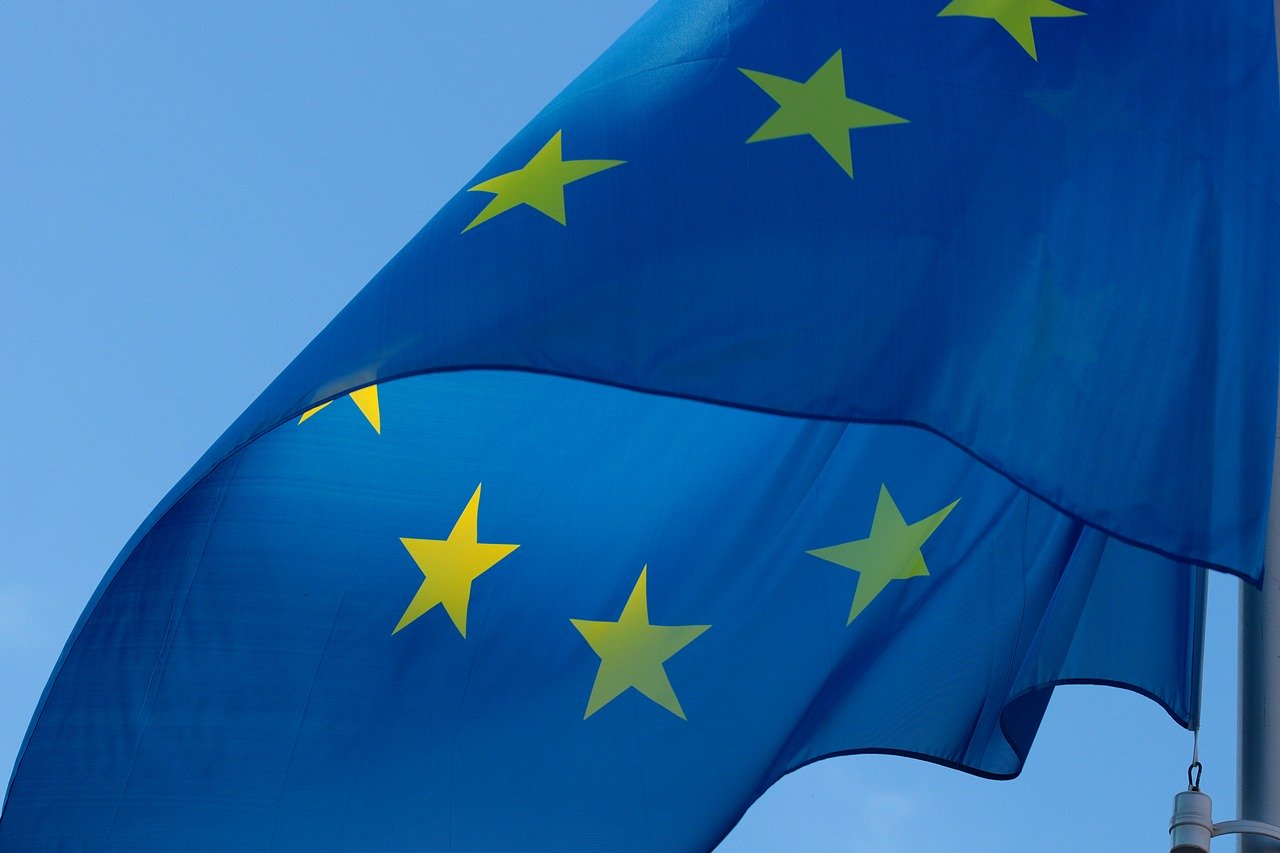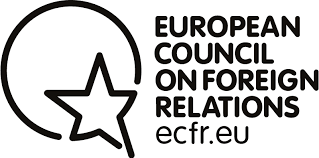The Macron thunderbolt struck again. In his recent interview with the Financial Times, the French president set about whipping up a political storm. Ahead of this week’s meeting of European Union heads of state and government, he raised the stakes skyward by linking financial solidarity, or joint bond issuance, with the survival of the EU as a political project. The newspaper reported Macron as warning that the union and the euro are at risk if wealthier member states do not create new mutualised debt instruments to help their poorer southern partners. He described this as “moment of truth, which is to decide whether the EU is a political or just a market project.”
This could go either of two ways.
Optimist scenario: Can the Macron method foster European solidarity?

Overcoming different visions for the European project will require a reconciliation of philosophies and politics. The French president has positioned himself as offering a third route forward, navigating between north-western and southern European countries. The financially healthier north is reluctant to pay for the weaker south. Hence, the financial proposition put forward by nine European countries – France, Spain, Italy, Belgium, Luxembourg, Ireland, Portugal, Greece, and Slovenia – and the European Central Bank to push for coronabonds has been met with fierce opposition from Germany and other fiscally conservative European countries.
The difficulty in dealing with such divergent visions for Europe is that, for the southern Europeans, this is about survival not just of the European project but actually of ordinary people. In the north, meanwhile, politicians argue that there is no need to jump to joint debt issuance in order to provide help. What would be a technical solution to a political problem in the south is perceived in the north as a political solution to a technical problem.
The article's full-text is available here.

 Author:
Author:









